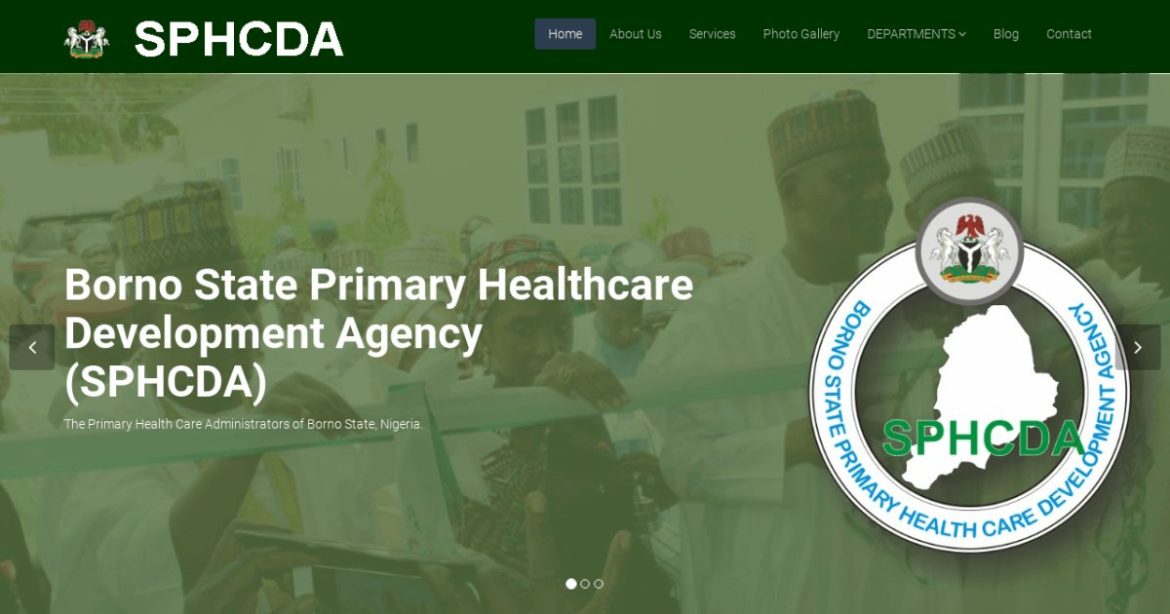By Muhammad Amaan
The Borno State Primary Healthcare Development Agency (BSPHDA) said that security challenges contribute to the high prevalence of zero dose.
Director of Public and Community Health at the BSPHDA, Dr Mala Abdulwahab, made these assertions during a review meeting of the Borno State annual score card for immunization accountability 2024 as put together by the Committee of Practice (COP) and the Africa Health Budget Network (AHBN) which held in Maiduguri recently.
He said that the lingering insurgency in the state has definitely put a clog in the wheels of a lot of progress which should have been made in the reduction of the zero dose when it comes to immunization adding that it is the hope of the COP that this primary challenge would soon be a thing of the past.
Dr Abdulwahab regretted that a lot of the “zero-doses” of immunization being recorded in the state comes from the lingering level of insecurity plaguing the state.
He added that a reduction of the prevalence would take place only if these insecurity gaps are closed.
Speaking on further challenges working against health workers during zero dose immunization, Dr Abdulwahab stated that a lot of residents actually assume that because elites are expected to have some form of education, resistance or carelessness will not emanate from them or even core insiders in the medical profession.
Dr Abdulwahab stated that a large chunk of some medical personnel in Borno state are not helping to attack the rising prevalence of the zero dose cases in the state, because they equally take the campaign for granted depriving their kids from having the relevant vaccines as at when due.
The director of public and community health revealed that Borno state contributes a whopping 60 percent of the measles prevalence in the country adding that something urgently must be done by health workers and educators to reverse this unsatisfactory trend within the sector.
He posited that the kids who are yet to start their regimes of the vaccines especially penta 1,2 and 3 are equally contributing to the embarrassing statistics being reeled out from within the system.
“There is really no reason why we must be having zero-dose cases up till now within this part of the country. It is very unfortunate that these preventable occurrences keep coming up in spite of our efforts.
“Some of the zero-does do come from the elites in the country while some are compromised by prevailing security challenges especially around the state capital areas and some other parts of the state too. But we must keep trying.
“However, it is regrettable that some medical practitioners are not allowing their kids to be immunized against the six killer diseases. This should never be allowed to thrive within the oncoming immunization campaigns.
“And this is why I am calling on all of us here to pay relevant visits to VIPs, stakeholders and influencers to ensure that the civil society, media and others are carried along to reduce zero-doses to the nearest minimum.
“For immunity to be maintained, we need to work on the 65 percent coverage of immunization in the state to something better. We must make better progress in the pending campaigns.
“I also urge that advocacies should be done in large numbers to ensure effectiveness. Community leaders will take you more serious when you go in large numbers to make your points heard” Dr Abdulwahab said.
The director called on field representatives to make deliberate efforts to ensure they anchor their advocacies with the traditional rulers of each domain like the Shehu of Borno in the state capital to make the expected progress.
Also speaking, A Senior Field Coordinator of the African Field Epidemiology Network (AFENET) in Borno state, Dr Musa Melton, noted that the exercise was meant to open the remaining vestiges of existing challenges caused by the zero dose and dealing with them decisively from the coming campaigns to be mounted by the Community of Practice (COP).
He, however, noted that the last review of actualities on ground was not all that gloomy because epidemiological statistics indicated that the number of zero-doses have actually reduced in the state and the entire country.
Dr Melton commended Dr Aminu Magashi Garba, the founder of the Africa Health Budget Network (AHBN) for bringing the vital budgetary issues to the fore.
He added that with the new push to bringing down the number of zero-doses in the state and the willingness of the state govt led by Governor Professor Babagana Umara Zulum to spend more on health, there is good news at the horizon.
Dr Melton stated that measles has however dropped drastically in the state and the entire country from last year’s statistics to this year’s adding that they will soon celebrate the end of the zero-dose prevalence as the campaigns intensifies.
UNICEF immunization officer and representative in the round table, Bashir Elegbede, frowned at dishonest immunization officers adding that inspectors will be in the field for the next campaign to hunt down such people and reduce such misbehaving practitioners contributing to the zero dose.
He warned that everyone will answer his or her father’s name this time around as business as usual will never be tolerated from anyone.
Present at the occasion were stake holders from within the state and some from outside like Dr Magashi who is the global convener of the Community of Practice (COP) on accountability and social action on health and a member of the global action plan for SDG 3 advocacy group.




